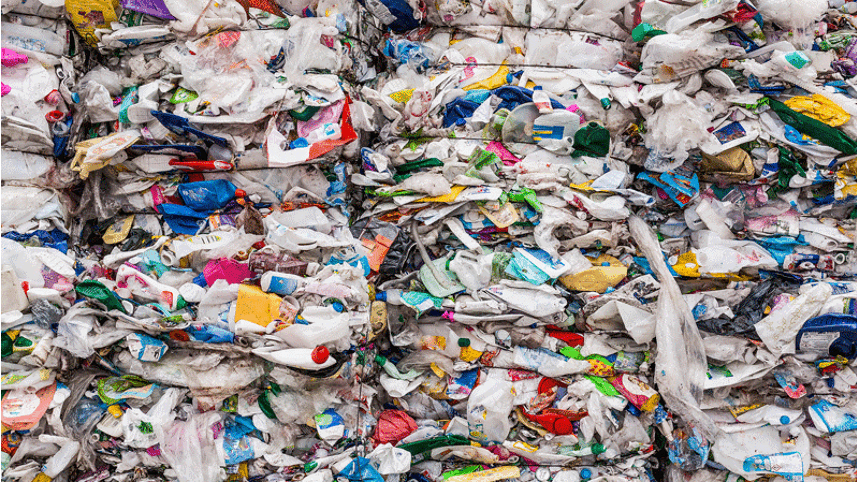Register for free and continue reading
Join our growing army of changemakers and get unlimited access to our premium content

The Plastic Packaging Tax was introduced in April 2022. It applies at a rate of £200 per tonne to plastic packaging that includes less than 30% recycled content, covering imported packaging as well as packaging manufactured in the UK.
Today (27 April), the Department for Business and Trade and the Treasury have outlined a string of changes to the UK’s tax system, in an event known as the annual Tax Administration and Maintenance Day.
One of the changes proposed is a reform of the Plastic Packaging Tax, which Ministers have argued could help to scale chemical recycling innovations. The Department for Business and Trade is proposing the use of a ‘mass balance’ approach to calculate the percentage of chemically recycled content included in plastic packaging.
‘Mass balance’ accounting means that, while the actual content of a particular piece of packaging may not be recycled, a set portion of recycled content overall is verified by a third-party certificate. Mass balance approaches are often used in sustainability certification schemes relating to commodities, such as cocoa, soy and timber.
The Government has stated that taking the mass balance approach could help to funnel investment into chemical recycling, which will be needed to develop solutions for harder-to-recycle items such as flexible plastics and black plastics.
A total of 23 technical tax updates have been published today.
Results one year on
Earlier this month, HMRC confirmed that the Plastic Packaging Tax raised almost £208m within its first nine months of operation. This puts it on course to generate around £277m within its first year of operation. For context, HMRC initially estimated the tax would raise around £235m within a year.
“That the level of tax paid has surpassed Government estimates should act as a warning that we have a long way to go on improving the circularity of plastic packaging,” said Valpak’s chief executive Steve Gough. “Companies need to urgently put in place in strategies around plastic packaging that not only meet regulatory demands – now and in the future – but also continue the drive to a circular economy.”
Gough called the tax “a clear economic incentive”, but some environmental groups have claimed this is not the case.
City to Sea’s policy manager Steve Hynd said:”When this tax was launched we warned that it was unlikely to affect consumer behaviour or drive substantial shift in the markets. It was a missed opportunity when government could, and should, introduce a plastic tax at the point of sale. Instead, this tax is lost in spiralling inflation and an increased cost to consumers.
“Government needs to reflect on this evidence and conclude their current package of policies is insufficient in tackling the plastic crisis we face. Now, more urgently than ever, we need an ambitious and legally binding target to reduce plastics that is underpinned by policies we know work like taxes at point of sale, an all-in deposit return scheme, and effective bans on single-use products in some settings like eat-in cafes and bars.”
A Plastic Planet co-founder Sian Sutherland, also co-founder of PlasticFree, added:“Notice how this news is reported as ‘exceeding target’ when it is such an abject sign of total failure. Big plastic and industry are simply seeing this nominal tax on virgin plastic as a cost of doing business. We should be outraged that the long-fought for plastic tax is so totally ineffective.”
“We have called on the Treasury to implement at least three major changes to the tax, namely to double the rate, to increase the threshold of recycled content required in a product to qualify it as tax-free, and to institute independent auditing of companies’ returns.”
“As things stand the tax is more a symbol than a restraint. Without reform, it is a let down to those of us who campaigned long and hard for its introduction.”


Please login or Register to leave a comment.